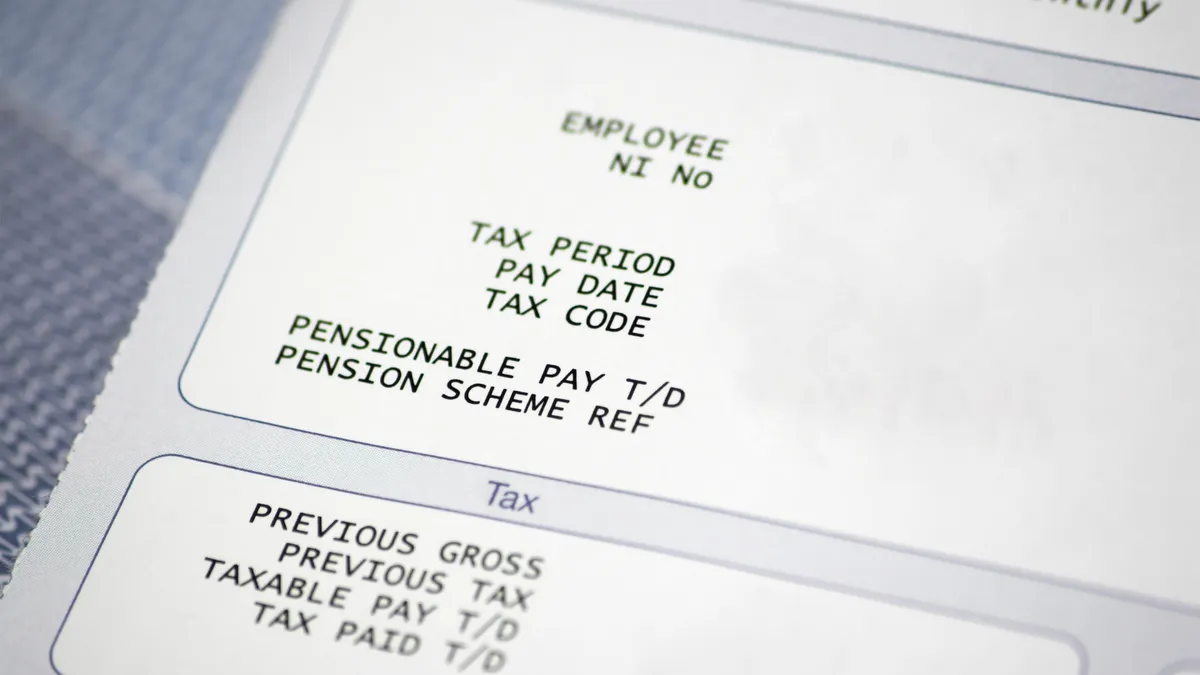Earned wage access provider DailyPay went on the offensive Monday with a lawsuit against the New York attorney general’s office, after a planned action by the state.
The company, which provides payments to workers ahead of their regularly scheduled paydays, denied that those payments are loans, despite assertions to the contrary by the New York attorney general’s office, according to the lawsuit. The state argued that DailyPay should be subject to lending laws, according to the lawsuit against AG Letitia James, filed Monday.
DailyPay contended that it has been transparent in how it presents its services and the fees associated with some of the payments it provides.
New York-based DailyPay, which provides services in other states as well, has asked the U.S. District Court for the Southern District of New York for a declaration that its services don’t constitute lending and that it hasn’t violated the Consumer Financial Protection Act or certain other New York state laws.
Providers of EWA services, also known as on-demand pay services, have proliferated in recent years to extend services by which workers, mainly hourly employees, can tap their earned pay earlier than they might otherwise be able to. Among DailyPay’s competitors are Payactiv, FlexWage Solutions and EarnIn, although the companies’ business models vary.
Some providers make money from fees imposed on the workers while others take a slice of interchange fees when funds placed on payment cards are used. While some providers work through employer partners, others do not.
EWA providers have lobbied for industry-friendly laws related to the services at the national and state levels, typically pleading for oversight that doesn’t deem their services loans because then lending laws would apply. The companies have been instrumental in leading certain states, including Utah, Arkansas and South Carolina, to pass laws that don’t regard their services as lending and mainly focus on having the companies register with the states’ financial departments.
The EWA providers have also engaged in heated discussions with federal and state regulators regarding how oversight of the services that have evolved over the past decade should be overseen. The Consumer Financial Protection Bureau last year issued an interpretive rule saying it deemed some of the services to be lending, but under President Donald Trump that rule is less likely to be pursued as his administration reduces oversight by that agency.
DailyPay, which works with employers, has been active in those conversations and doubled down on its arguments against seeing its services as loans in the New York lawsuit.
“These alleged violations all depend on the OAG’s flawed assumption that DailyPay’s (on-demand pay) product is a loan,” DailyPay said in the lawsuit, noting that it never requires repayment from workers and it doesn’t charge interest or check a worker’s creditworthiness.
“The OAG also has no basis for its allegations that DailyPay misled consumers about the cost or function of its product,” DailyPay contended in the lawsuit. “DailyPay clearly explains in all its communications to workers how its product works and the fee it charges for the optional expedited transfer.”
A spokesperson for the New York AG’s office declined to comment on the lawsuit.
The New York AG notified DailyPay on January 22 that it planned to assert that the company’s services violated the laws. The state extended the notice in February, giving the company time to meet with the AG’s office and make its case as to why the state “should not proceed with its threatened enforcement action,” the lawsuit said.
The dialogue between the company and New York reaches back years, with an inquiry by the state starting in 2022 when the AG’s office issued subpoenas to EWA providers, including DailyPay, the lawsuit said, without identifying any other companies that received the subpoenas.
DailyPay asserts in the lawsuit that it provides a needed service to workers who would otherwise face overdraft and late fees or “more expensive alternatives,” if its services weren’t available. It also contends that workers wouldn’t be able to afford needed expenses.
“Without DailyPay, many workers would not be able to pay rent on time, feed their families, fix a broken heater, pay for a needed car repair, or take a taxi to the hospital,” the lawsuit said. “Using DailyPay, workers are able to better manage their finances and avoid costly short-term credit options.”
While DailyPay offers some services for free, it charges a $3.49 flat fee per transaction when workers want to receive their earned wages on an expedited basis, or “instantly” as the website says without specifying what that means. It would be within seconds, a DailyPay spokesperson said by email.
Last year, the company provided 34,318 New York workers with about $73.5 million in payments at no cost, DailyPay said in the lawsuit. It didn’t provide a similar value for expedited payments, but said that last year the “most common expedited transfer amounts were between $100 and $105.”



















